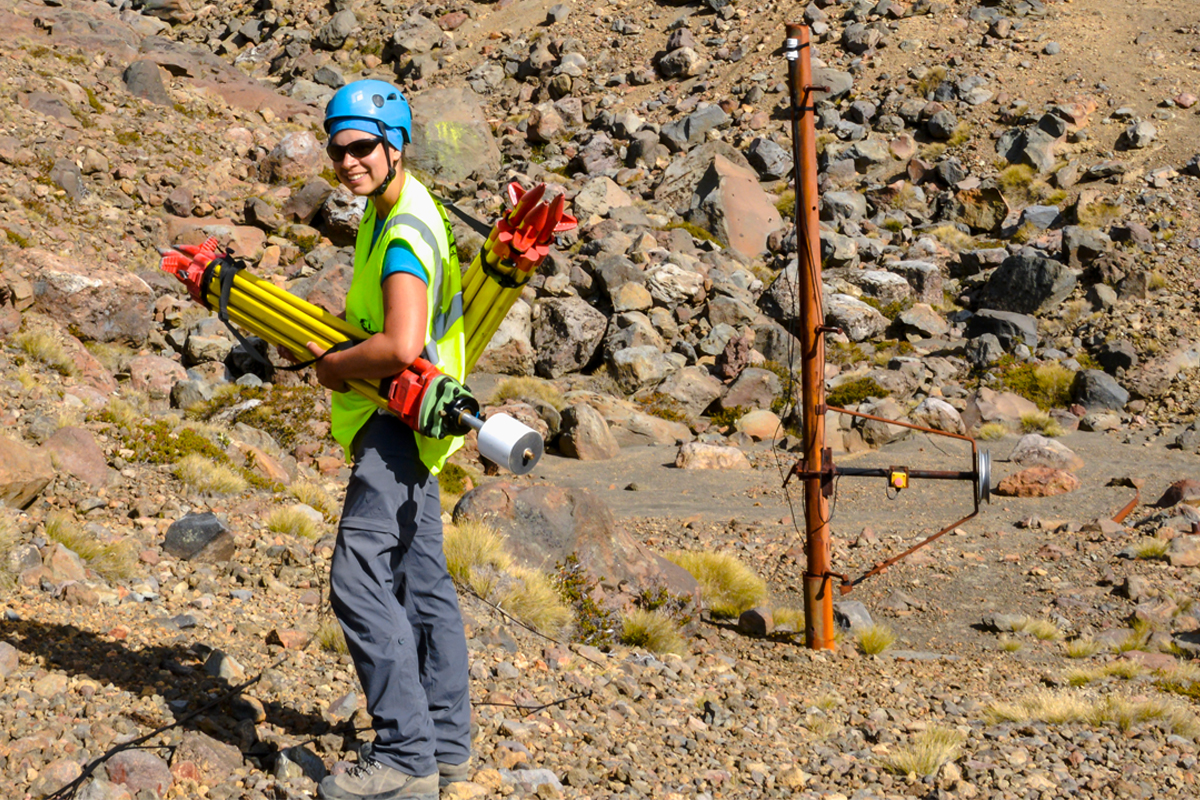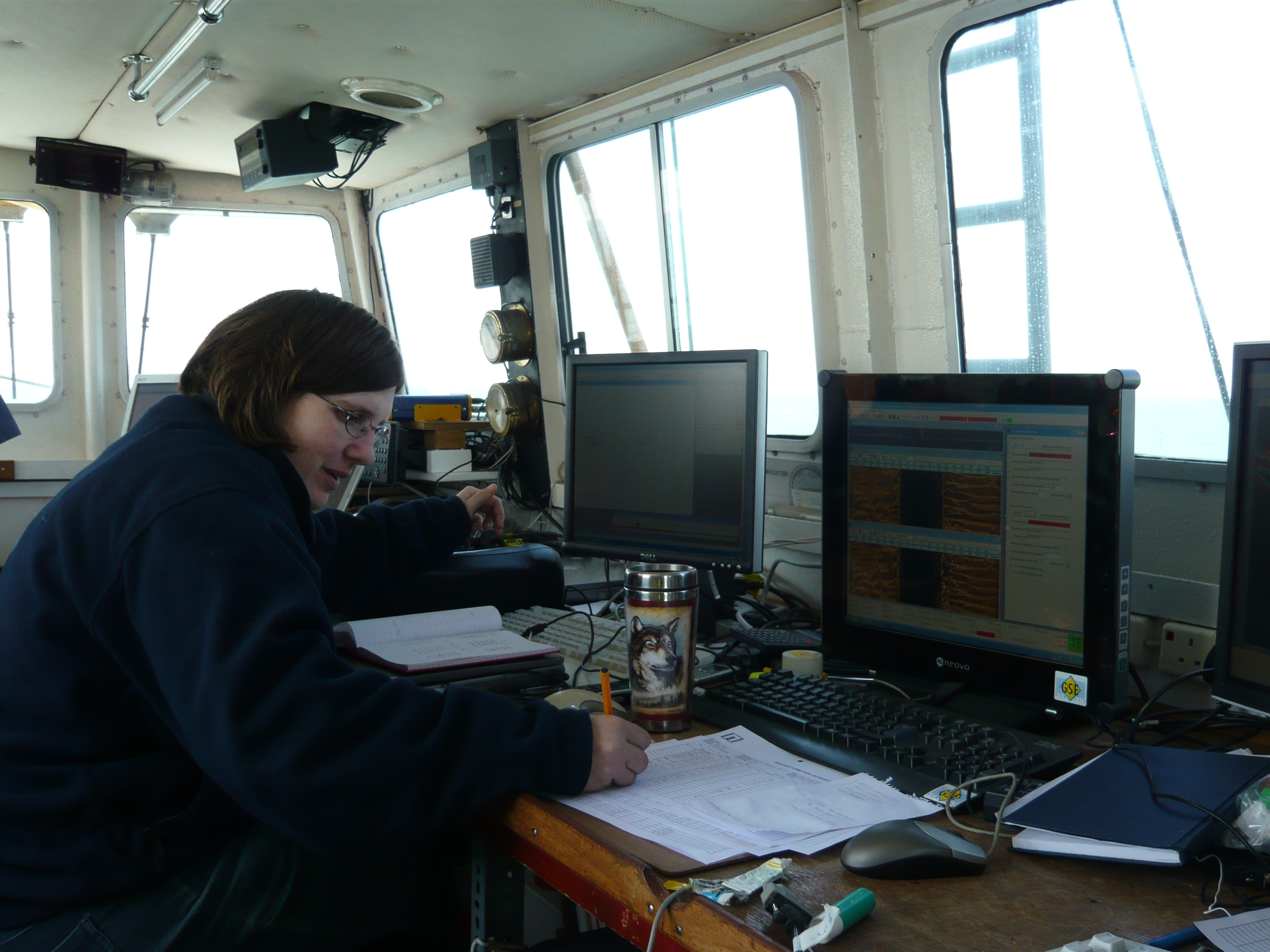All Categories
Featured
Table of Contents
Geophysical Surveys - Method Types And Work Tehniques I ... in South Lake Aus 2021
This work is progressively contracted out, so consultancies provide another source of employment. Consultancy firms differ in size, from really small companies to big multinationals. Some consultancies are rather specialised in utilizing specific geophysical strategies or operating in particular areas, while others offer a more diverse variety of services to their consumers.
The extraction of gas from land fill sites is another area of work and this may grow in the future. Exploration companies may carry out work for building and construction firms, water companies, mining business and environmental agencies, so geophysicists might be used in any of these settings. Other employers consist of: geological surveysgovernment bodies and agenciesuniversities and research study institutes.


Vacancies might be listed in the oil and gas sector press. Recruitment is affected by oil cost fluctuations and the level of competitors for positions differs depending upon this. Professions Days, which cover the full series of geoscience professions and are normally attended by a number of crucial industry employers, are run by The Geological Society.
What Is The Best Degree Path For Becoming A Geophysicist? in Sorrento Australia 2021
Some of the big oil and gas companies use a complete two-year structured training program throughout the breadth of geophysics, including the opportunity to experience work in different teams before specialising in one location. Your training may consist of deal with: existing wellsmagnetic and gravitational possible field data analysisresearchrock analysis. However, it's more normal for your initial training to be offered on the job.

There may be a probationary duration throughout which you work alongside a knowledgeable coworker. Competency-based appraisals take place frequently in most companies. In smaller companies, and for academic posts, there is not likely to be any formal training - you'll be anticipated to start work straightaway and choose up skills as you go along.
If you work for a smaller sized company, you may find that you require to take duty for arranging and funding your own advancement and training. If you have a geology degree, membership of The Geological Society can be beneficial for networking and for maintaining to date with the market.
Bsc Geophysics in Gosnells WA 2022
You may also discover it helpful to join the PESGB (The Petroleum Exploration Society of Great Britain, which has a geophysics special interest group. After a probationary duration, and once you have actually gained some experience, you could progress to senior geophysicist, then team leader and then into a senior role in management.
The ease of movement between roles depends upon the company structure. Study at Masters or Ph, D level in a subject related to geophysics or geosciences may assist with your profession development and progression. The employment market within the oil and gas industry is very depending on price and this may affect your opportunities for career progression.
For experienced geophysicists, freelance consultancy provides a great route for career development. As a geophysicist, you're likely to have a number of jobs throughout your working life.
Geophysical Survey - An Overview in Innaloo Oz 2022
From geophysics, it's possible to concentrate on seismology (completing more training to become a seismic interpreter) or to move into associated areas such as engineering geology or danger prediction.
Choosing what to study in college is a tough option. Even if you know that your field of interest depends on science, what program of study is ideal for you? If you make the decision to significant in physical and life sciences and pursue a career as a geophysicist, you're getting ready for an amazing and successful occupation.
But the very first action to accomplishing your objective of becoming a geophysicist is making a degree. Even for entry-level positions in the field of geoscience, you'll need a bachelor's degree (a geophysicist college degree) from an accredited college or university. Some research positions need prospects to hold master's degrees or perhaps Ph.
Geophysicist Careers in Beldon Australia 2020
Postgraduate degree are particularly crucial if you prepare to teach at a four-year institution. Geophysicists use physics concepts and methods to study the gravitational, magnetic, and electrical fields of the earth. This enhances researchers' understanding of both the world's interior core and its surface area. Geophysicists need to have the ability to: evaluate rocks, photographs, and other pieces of information perform research study both in the field and in laboratories develop maps and charts of their findings write reports To achieve all this, trainees need a specialized education for geophysicist professions.
As mentioned above, you'll require a bachelor's degree in geoscience or a related discipline, such as a physical science or a natural science, to land an entry-level task. Trainees can also prepare by majoring in topics like: Biology Chemistry Computer science Engineering Mathematics Physics The above geophysicist majors provide a more generalized method to a single clinical discipline, but the majority of programs require students to take one or more geology course.
Table of Contents
Latest Posts
How To Become A Geologist Or Geophysicist in Ardross Aus 2023
Archaeological Geophysics And Geochemistry Planning A Geophysical Survey: Environmental & Physical ... in Applecross Aus 2022
Why Study Geophysics? in Mundijong WA 2022
More
Latest Posts
How To Become A Geologist Or Geophysicist in Ardross Aus 2023
Archaeological Geophysics And Geochemistry Planning A Geophysical Survey: Environmental & Physical ... in Applecross Aus 2022
Why Study Geophysics? in Mundijong WA 2022